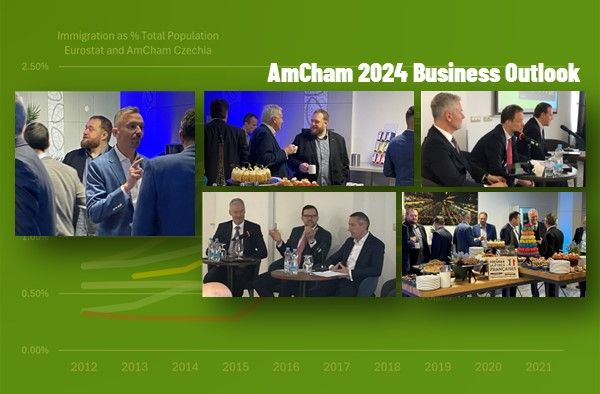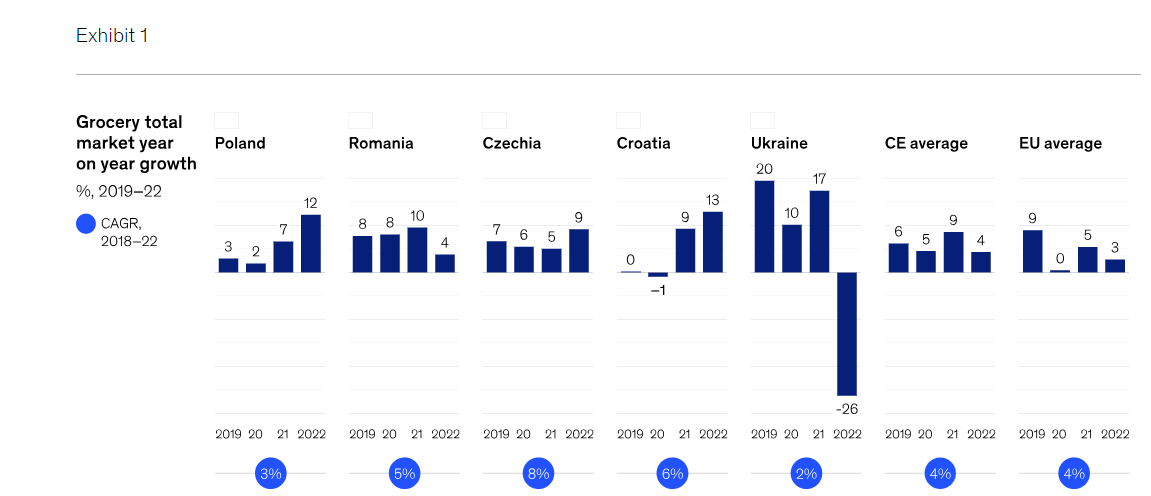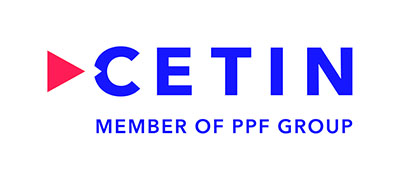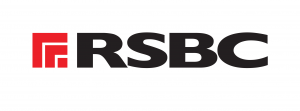Competitiveness / Macroeconomic Indicators, Economic Growth
This section feature research, opinion and progress reports on how the Czech Republic compares to other EU countries economically. It includes analysis of international rankings such as the WEF and World Bank.
Show subcategories ▾
Spotlight issue

AmCham Business Outlook: The decisions Czech businesses make this year on investment in sustainable technologies will determine competitiveness of our product mix
AmCham's membership gathered last week to discuss the insights of David Marek of Deloitte, Jaromír Šindel of Citi, Petr Materna of Kearney, and Jiří Švejcar of Boston Consulting Group at our annual AmCham Business Outlook at the OREA Hotel Pyramida Praha.
View more

State of Grocery in Central Europe 2023: The battle for the new shopper
Central European retailers and manufacturers must reassess their offerings to effectively meet customer demands and shrinking budgets, focusing on perceived price attractiveness and store formats.
Looking back at 2022
The outlook for 2022 given pandemic-related inflation was rather pessimistic. In the 2022 McKinsey & Company CEO Survey of 57 European grocery leaders, 60 percent foresaw worsening market conditions. Time has proven them right, yet they underestimated the extent of economic challenges, as Russia's invasion of Ukraine intensified negative trends, pushing food and energy inflation beyond expectations, and driving consumer preference for cheaper options. Rising inflation surpassed per capita disposable income growth, squeezing household budgets; Central European disposable income increased 10 percent over four years, while 2022's food inflation hit 15 percent. Grocery sales in major Central European markets grew only 4 percent in 2022, down from 9 percent in 2021 due to Ukraine, with similar trends affecting the wider EU retail market (Exhibit 1).
View more
The War in Ukraine and the Rush to Feed the World
In the wake of Russia’s invasion of Ukraine, our global food systems are struggling to feed those most at risk.
Russia’s invasion of Ukraine has led to a major humanitarian crisis, not just in Ukraine but also around the world. Given the region’s importance as a breadbasket to the world, the impact on key food commodities such as wheat and sunflower oil has been immediate, resulting in massive shortages and price shocks. What’s worse, Russia is a key producer of fertilizers and of the energy needed to distribute available food and to grow more.
View more
PwC 24th Annual Global CEO Survey: A leadership agenda to take on tomorrow
For business, 2021 will be a year of reinvention. One year into the COVID-19 pandemic, we surveyed 5,050 CEOs around the world about their plans to respond to new threats, transform their operating model and create a more sustainable future.
View more

 Twitter
Twitter Linkedin
Linkedin Facebook
Facebook Google+
Google+




